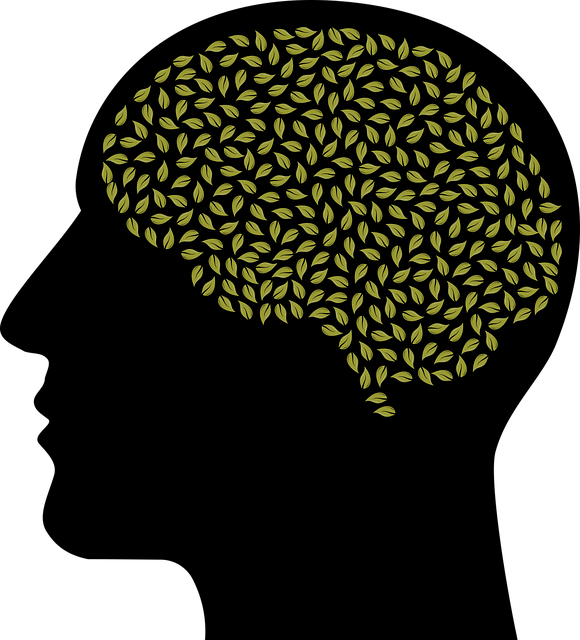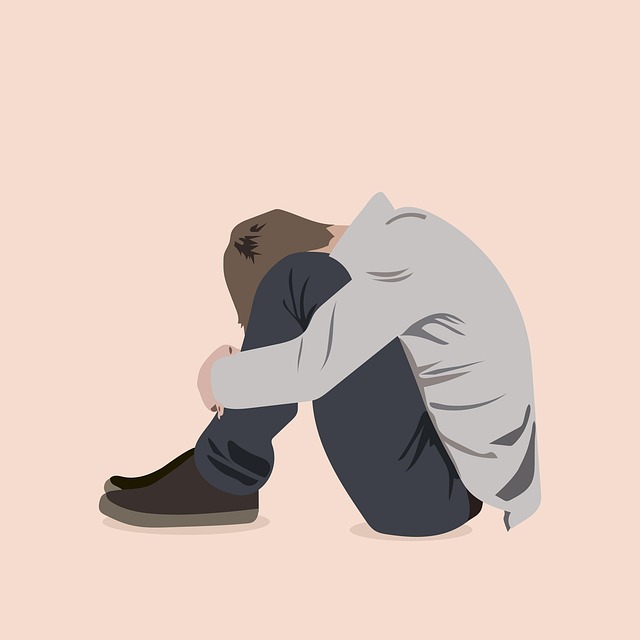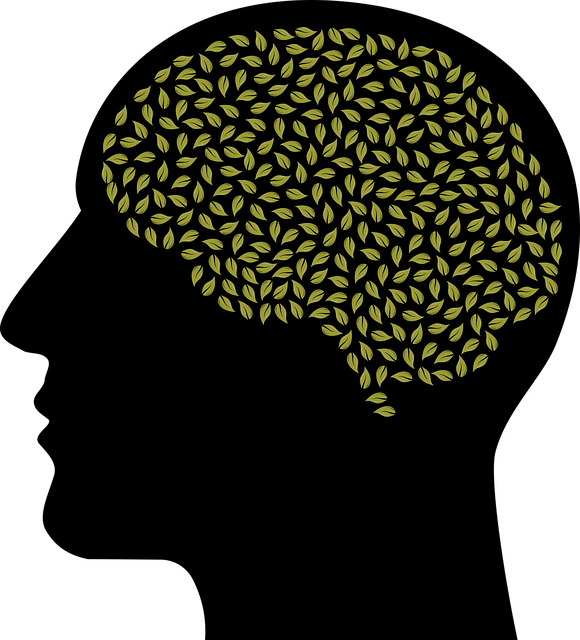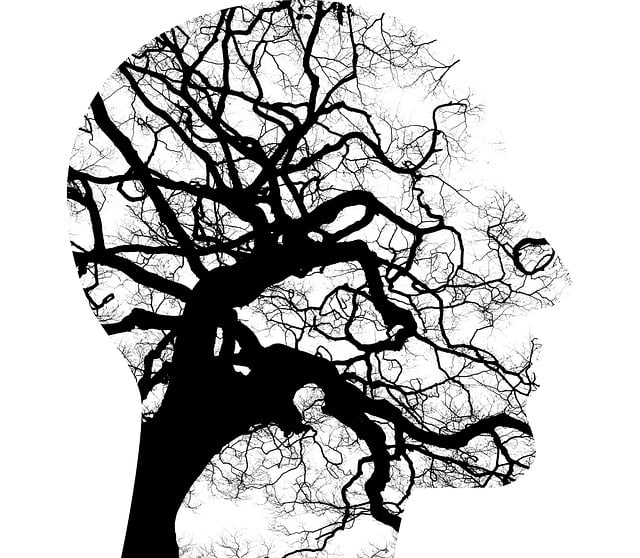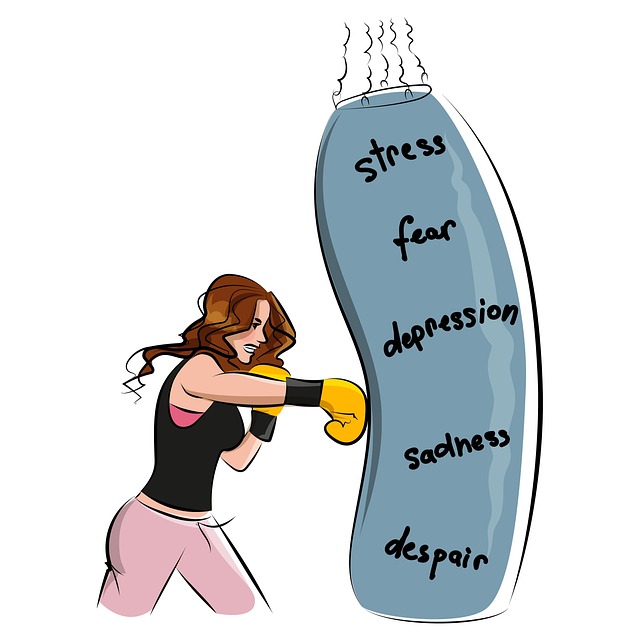Adolescent teens with conduct disorders facing loss and grief require specialized therapy, combining tailored grief counseling and social skills training. Effective approaches include cognitive-behavioral therapy (CBT), mindfulness, and narrative therapy to process trauma, challenge negative thoughts, develop healthy coping strategies, improve emotion regulation, and promote positive peer interactions. Public awareness campaigns also reduce stigma and encourage access to therapy resources for better mental health outcomes in this vulnerable group.
- Understanding Loss, Grief, and Bereavement: A Sensitive Approach for Teens
- The Role of Counseling in Supporting Adolescents with Conduct Disorders
- Effective Strategies in Therapy: Healing and Growth After Loss
Understanding Loss, Grief, and Bereavement: A Sensitive Approach for Teens

Understanding loss, grief, and bereavement is a delicate process, especially when it comes to adolescent teens. This period of life is already fraught with identity formation, emotional volatility, and social navigation challenges—all while they grapple with the profound impact of losing someone close. When coupled with existing conduct disorders, these emotions can manifest in complex and sometimes harmful behaviors.
A sensitive approach for counseling these teens involves tailored therapy that not only addresses their grief but also focuses on vital aspects like social skills training. This holistic method recognizes the interconnectedness of emotional healing processes and risk management planning for mental health professionals. It equips teens with coping mechanisms, enhances their ability to express and regulate emotions, and fosters healthier interactions within their peer groups and communities.
The Role of Counseling in Supporting Adolescents with Conduct Disorders

Counseling plays a pivotal role in supporting adolescents with conduct disorders by providing a safe space for them to process and express their emotions. Conduct disorders, characterized by persistent violations of societal rules and rights, often stem from complex underlying issues such as trauma, neglect, or mental health conditions. Professional therapy offers a structured environment where teens can learn coping strategies to manage their impulses and behaviors.
Through evidence-based approaches like cognitive-behavioral therapy (CBT), adolescents gain insights into their actions’ consequences and develop healthier ways of interacting with peers and authority figures. The focus on self-care routine development for better mental health, including mindfulness meditation techniques, empowers teens to regulate their emotions and make positive choices. Additionally, community outreach program implementation can connect these youth with supportive networks, fostering a sense of belonging and enhancing their overall well-being.
Effective Strategies in Therapy: Healing and Growth After Loss

Healing and growth after loss is a multifaceted process that requires tailored strategies in therapy. For adolescent teens with conduct disorder, structured counseling sessions can offer a safe space to express emotions and navigate the complex grief process. Therapists employ various effective techniques such as cognitive-behavioral therapy (CBT), mindfulness practices, and narrative therapy to help individuals process their loss, challenge negative thought patterns, and develop healthy coping mechanisms. CBT, in particular, equips teens with skills to manage anxiety relief and emotional well-being promotion techniques, fostering resilience in the face of adversity.
Public awareness campaigns development plays a crucial role in supporting bereaved individuals by increasing understanding and reducing stigma associated with grief. These initiatives can contribute to broader emotional well-being promotion techniques, encouraging open conversations about loss and providing resources for effective therapy. Through these combined efforts, adolescents struggling with conduct disorder can find solace, heal from their losses, and regain a sense of control over their lives.
Loss, grief, and bereavement can profoundly impact adolescent teens, especially those with conduct disorders. Understanding these complex emotions and providing a safe space through counseling is vital in fostering healing and growth. By employing sensitive approaches and effective therapy strategies, professionals can support teens in navigating their losses and cultivating resilience. For families seeking assistance, recognizing the benefits of therapy for adolescent teens with conduct disorders is a crucial step towards recovery and a brighter future.


